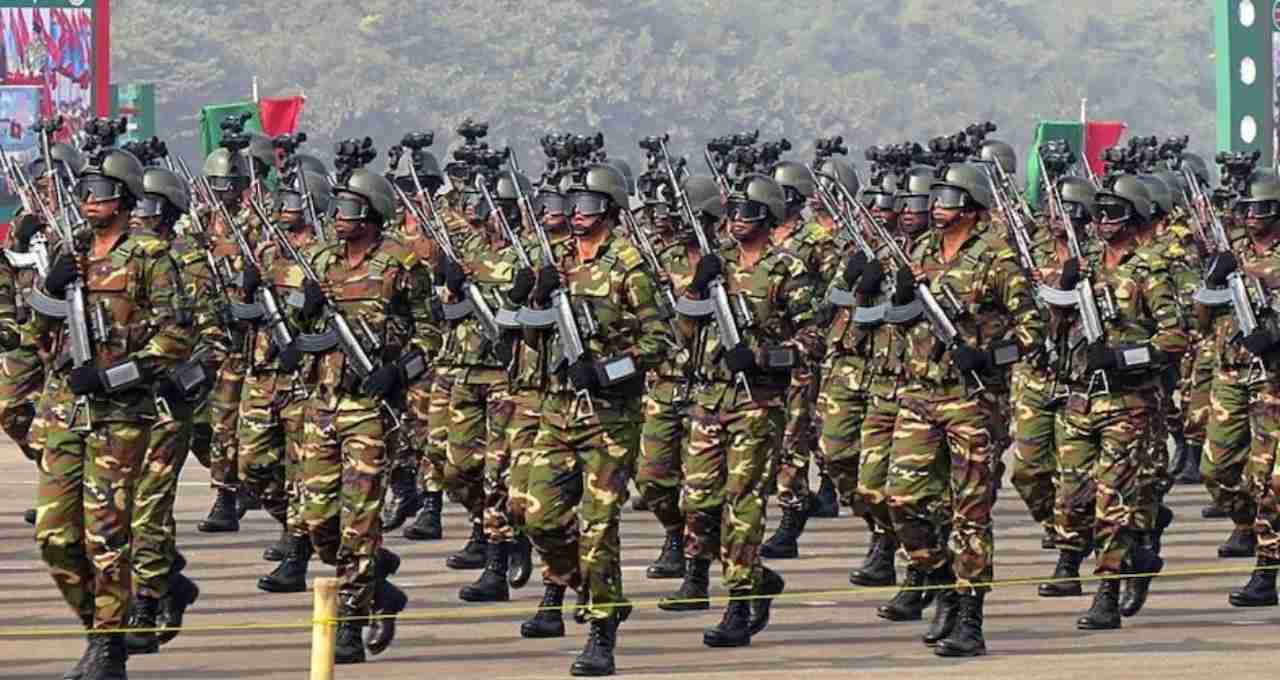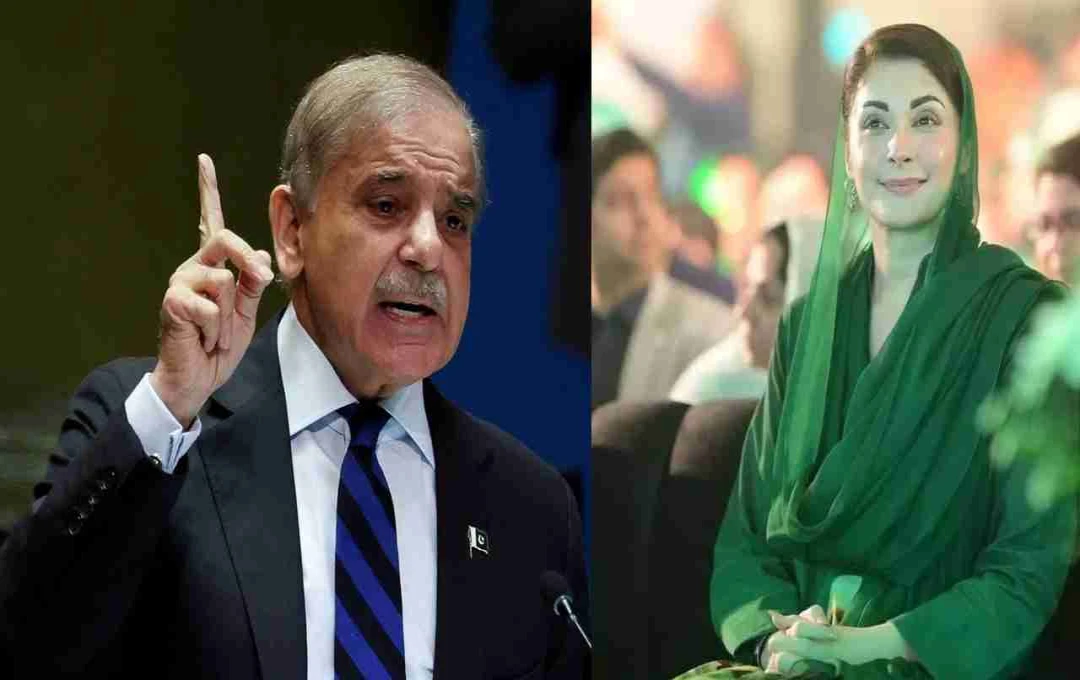Bangladesh Army Sends Strong Message Regarding Myanmar Corridor: No Compromise on National Security. The army has expressed serious concerns about the growing threat at the border.
Bangladesh: The Bangladesh Army has clearly stated its firm stance regarding the proposed humanitarian corridor to Myanmar's Rakhine state. The Bangladesh Army unequivocally stated that no compromise will be made on issues related to the nation's security, sovereignty, and border security. In a press conference at army headquarters in Dhaka, senior army officers Colonel Shafikul Islam and Brigadier General Nazim-ud-Daula clarified that the army will not support any plan that poses a threat to the country's borders.
Army's Strong Message: No Compromise on Border Security While We Have the Strength
In the press conference, Brigadier General Nazim-ud-Daula stated, "We want to make it clear that the army will not compromise on issues related to Bangladesh's independence, security, and sovereignty under any circumstances. As long as we have even a single point of strength left within us, we are fully committed to protecting our borders."

He further stated that various rumors are spreading on social media regarding the plan for a humanitarian corridor with Myanmar, but there is no conflict between the army and the government. Nazim-ud-Daula said, "The government and the army are working like a team. There is no disagreement or conflict. Yes, there may be different opinions, but that doesn't mean there is a division."
Why the Controversy Over the Myanmar Corridor?
In fact, the head of Bangladesh's interim government, Mohammad Yunus, proposed creating a humanitarian corridor to Rakhine state. The plan was to use this corridor to deliver food and medicine to millions of people stranded in Myanmar. There was also pressure from the United Nations and the United States for Bangladesh to assist those stranded in Rakhine through this corridor. However, the army bly opposed this plan.
According to the army, the ongoing conflict in Myanmar could directly impact Bangladesh's borders. The fighting between the Arakan Army and the Myanmar army has already reached near Bangladesh's border. In some recent incidents, the Arakan Army has taken control of areas near the Bangladesh border, such as Teknaf. Furthermore, the army fears that opening the corridor could lead to a new influx of Rohingya refugees from Myanmar, further burdening the country. Currently, about 1.3 million Rohingya refugees are residing in Cox's Bazar, Bangladesh, and the arrival of new refugees could threaten the country's internal stability.
The Army Clarifies Reports of Differences Between the Army and the Government

In the army's press conference, Nazim-ud-Daula also clarified that the reports in the media about differences between the army and the government are completely false. He said, "Sometimes misunderstandings can happen even within families. There is no conflict between the government and the army. We are all working together for the benefit of the country." He stressed that the goal of both the government and the army is to prioritize national security, and there is no disagreement on this point.
The Myanmar Corridor?
Following the army's firm stance, it is almost certain that progressing with the Myanmar corridor will be difficult for the time being. The army has made it clear that there will be no compromise with national security. This presents a significant challenge to the Yunus government. Will the government heed the army's concerns and halt the project, or will it find a new solution?
For now, the army's message is clear: the country's independence, security, and sovereignty are paramount, and no compromise will be made at any cost. Regardless of international pressure, the army has made it clear that it will make the final decision on matters concerning national security.
Bangladesh Takes a Strong Stance on the Myanmar Corridor
The army appealed to the media to disregard rumors and rely only on official statements. The Bangladesh Army assured the people of the country that the nation's borders are secure and that the army will continue to fulfill its responsibilities in the future.














